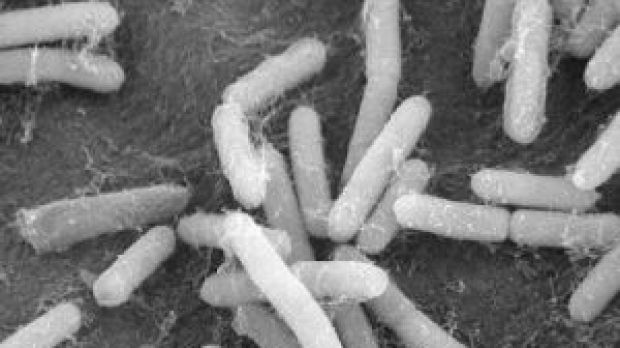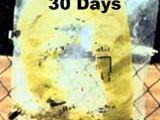Bacteria are everywhere and are capable of both highly useful and highly disastrous effects. They are also capable of living in the outmost unfavorable conditions. Biotechnologists have long tried to design new types of bacteria capable of digesting pollution or various artificial non-biodegradable products.
Now, biologists from the University College Dublin in Ireland have found that a strain of Pseudomonas putida can not only thrive in an environment that most creatures would consider deadly but can also produce useful byproducts.
Kevin O'Connor and his colleagues produced a chemical cocktail made up of more than 80 percent styrene oil plus low volumes of other toxicants. Frankly, they haven't expected that their test bacteria, P. putida CA-3, a special strain of a common soil microbe, would do too well.
However, the bacteria managed to turn 64 grams of undistilled styrene oil into nearly 3 grams of additional bacteria. In the process, the bacteria also produced 1.6 grams of a biodegradable plastic called polyhydroxyalkanoates, or PHA. The PHA is already used to make everything from forks to vitamins.
We cannot yet say that this bacterium literally changes an environmental problem into a beneficial substance because it also produces some amounts of other toxic byproducts such as toluene. Nevertheless, it is a good start.
The chemicals the bacteria likes can be produced from polystyrene through a process called pyrolysis. Thus, they may be useful in recycling plastics.
"Due to the general applicability of pyrolysis for plastic conversion to an oil and the large number of microorganisms capable of PHA accumulation from a vast array of molecules, the principle of the process described here can be applied for the recycling of any petrochemical plastic waste," the scientists write.
Example of biodegradable plastic:

 14 DAY TRIAL //
14 DAY TRIAL // 


